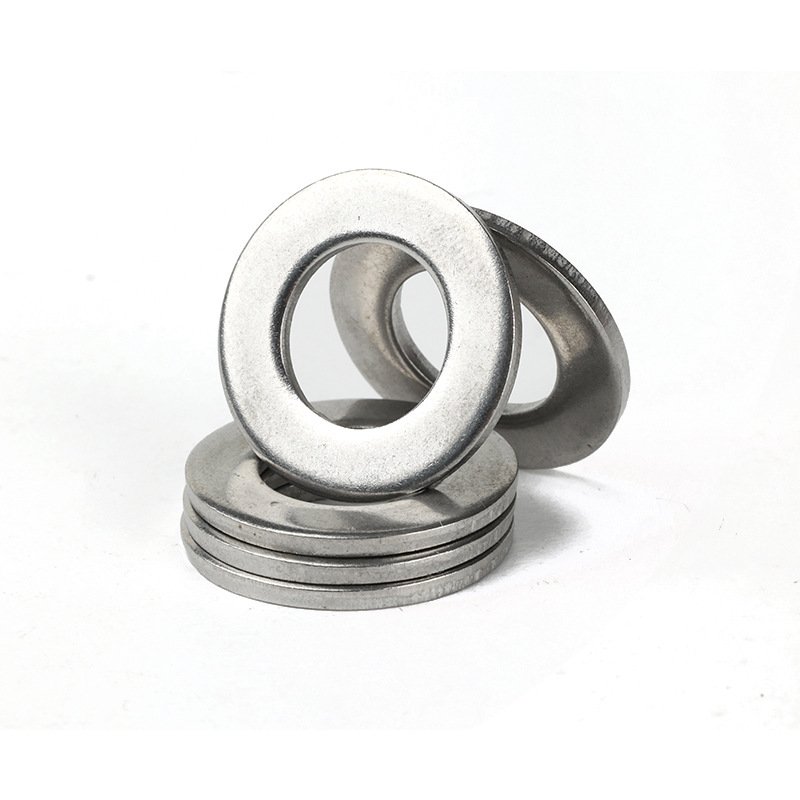

Choosing the Right Sizes and Types of Self-Tapping Screws for Metal Applications
Aug . 06, 2024 09:50 Back to list
Choosing the Right Sizes and Types of Self-Tapping Screws for Metal Applications
Understanding Self-Tapping Screws for Metal Sizes and Applications
Self-tapping screws are essential fasteners in the realm of engineering, construction, and manufacturing, particularly when joining metal components. Their ability to create their own threads as they are driven into a base material makes them highly beneficial for various applications. This article will delve into the different sizes of self-tapping screws for metal, their unique features, and considerations for choosing the right size for your project.
What Are Self-Tapping Screws?
Self-tapping screws have a pointed end and a specially designed thread that allows them to penetrate materials like metal without needing a pre-drilled hole. As they are driven in, they cut into the metal, forming internal threads that grip the screw tightly, ensuring a strong hold. This characteristic reduces installation time significantly and enhances efficiency, especially in assembly lines or production environments where speed is crucial.
Sizes of Self-Tapping Screws for Metal
Self-tapping screws come in a variety of sizes, which are usually denoted by their diameter and length. Common diameters range from 2 to 14 in the American National Standards Institute (ANSI) system, with lengths typically varying from 1/4 inch to 3 inches. Here is a breakdown of some common sizes and their applications
1. 2 through 4 Screws These are relatively small screws, usually ranging from 1/4 inch to 3/4 inch in length. They are ideal for lightweight metal applications, including electronic casings and small machinery.
2. 6 through 10 Screws Medium-sized screws that can range from 3/8 inch to 1 1/2 inches in length. They are versatile and commonly used in automotive and metal construction applications, such as securing brackets and panels.
3. 12 and 14 Screws These larger screws are more suited for heavy-duty applications. They can be used in structural applications or situations where a more robust fastening solution is required. Their lengths can vary from 3/4 inch to over 2 inches, depending on the specific need.
self tapping screws for metal sizes

Material and Coating Considerations
When selecting self-tapping screws for metal, it's not only the size that matters. The material from which the screws are made and any coatings applied can significantly influence performance. Common materials include
- Steel Often used because of its strength and durability. - Stainless Steel Ideal for environments where rust and corrosion are concerns. - Coated Blanks Screws may also be coated with zinc or other materials to improve corrosion resistance.
Coatings are particularly important when working in outdoor environments or applications exposed to moisture, as they can significantly prolong the life of the fasteners.
Choosing the Right Size
When deciding on the appropriate size for your project, consider the thickness of the metal being fastened and the load requirements of the application. A thicker metal may require a larger screw to ensure a firm grip, while lighter materials can often be securely fastened with smaller screws.
Moreover, always consider the type of self-tapping screw best suited for your needs. For instance, there are variations specifically designed for sheet metal, while others may be better suited for thicker materials.
Conclusion
Understanding the sizes and specifications of self-tapping screws for metal is crucial for anyone involved in construction, manufacturing, or DIY projects. By carefully selecting the correct size and material, you can ensure a secure, durable fastening solution that will stand the test of time. With the right self-tapping screw, you can effectively streamline your assembly process and enhance the overall integrity of your constructions.
Latest news
-
Hot Dip Galvanized Bolts-About LongZe|High Strength, Corrosion Resistance
NewsJul.30,2025
-
High-Strength Hot Dip Galvanized Bolts - Hebei Longze | Corrosion Resistance, Customization
NewsJul.30,2025
-
Hot Dip Galvanized Bolts-Hebei Longze|Corrosion Resistance&High Strength
NewsJul.30,2025
-
High-Strength Hot-Dip Galvanized Bolts-Hebei Longze|Corrosion Resistance&High Strength
NewsJul.30,2025
-
Hot Dip Galvanized Bolts-Hebei Longze|Corrosion Resistance&High Strength
NewsJul.30,2025
-
Hot Dip Galvanized Bolts - Hebei Longze | Corrosion Resistance, High Strength
NewsJul.30,2025

